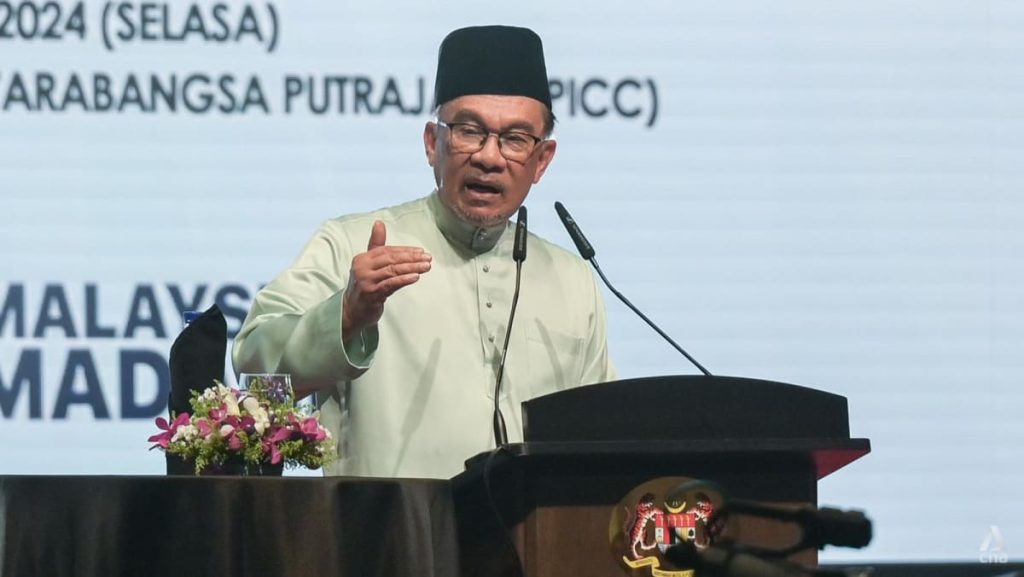Mr Anwar highlighted the impact of corruption on the country’s economy and emphasized that the money lost to corrupt practices could have been used to improve the lives of the people if it was not siphoned off by individuals in power for their own benefit. The ongoing corruption crackdown by the MACC has targeted prominent businessmen and former politicians, with some critics claiming it is politically motivated, especially involving Mr Anwar’s political rivals from the late 1990s such as former prime minister Mahathir Mohamad and businessmen close to former finance minister Daim Zainuddin. The premier has defended these investigations, stating that corruption must be combated with a strong and dedicated force, supported by robust legislation and norms.
The new national anti-corruption strategy, as highlighted by Mr Azam, focuses on integrity, transparency, and accountability across various sectors such as politics, public administration, government procurement, law enforcement, and the judiciary. The strategy, which spans from 2024 to 2028, is divided into five main categories and 60 sub-categories, aiming to address the root causes of corruption and promote good governance. Incentives play a key role in this strategy, with civil servants being rewarded for reporting corruption offences or providing related information. Civil servants who report corruption and contribute to successful prosecution and conviction are entitled to incentives equivalent to the amount they were offered as bribes.
The government has implemented a system to reward civil servants for reporting corruption, but it remains unclear how this scheme will be extended to the general public. The financial carrot approach to combat corruption by incentivizing the reporting of corruption-related activities is seen as a positive step towards encouraging transparency and accountability in the public sector. By rewarding individuals who come forward with information on corrupt practices, the government hopes to create a culture of integrity and deter individuals from engaging in corrupt activities. This approach aligns with the broader goals of the national anti-corruption strategy, which aims to create a more transparent and accountable governance system.
The MACC’s relentless efforts to investigate high-profile figures suspected of abusing their power demonstrate a commitment to upholding the rule of law and combating corruption at all levels of society. Despite allegations of political motivations behind these investigations, the premier has praised the MACC for its dedication in exposing corrupt practices and holding individuals accountable for their actions. It is essential to have a strong and courageous force like the MACC to tackle corruption effectively and establish a culture of integrity and transparency within the government and public institutions. The fight against corruption requires a multi-faceted approach that includes enforcement, legislation, incentives, and public accountability to root out corruption and promote good governance practices.
Overall, the national anti-corruption strategy aims to address the systemic issues that enable corruption to thrive in Malaysia and create a more transparent and accountable administration. By emphasizing integrity, transparency, and accountability in various sectors, the government seeks to build public trust and confidence in its ability to govern effectively and responsibly. Incentives play a crucial role in motivating individuals to report corruption offences and contribute to prosecution efforts, signaling a shift towards a more proactive approach in combating corruption. The ongoing corruption crackdown by the MACC, despite facing criticism and allegations of political bias, highlights the government’s commitment to promoting honesty and integrity in public life and eradicating corrupt practices.


